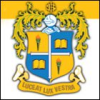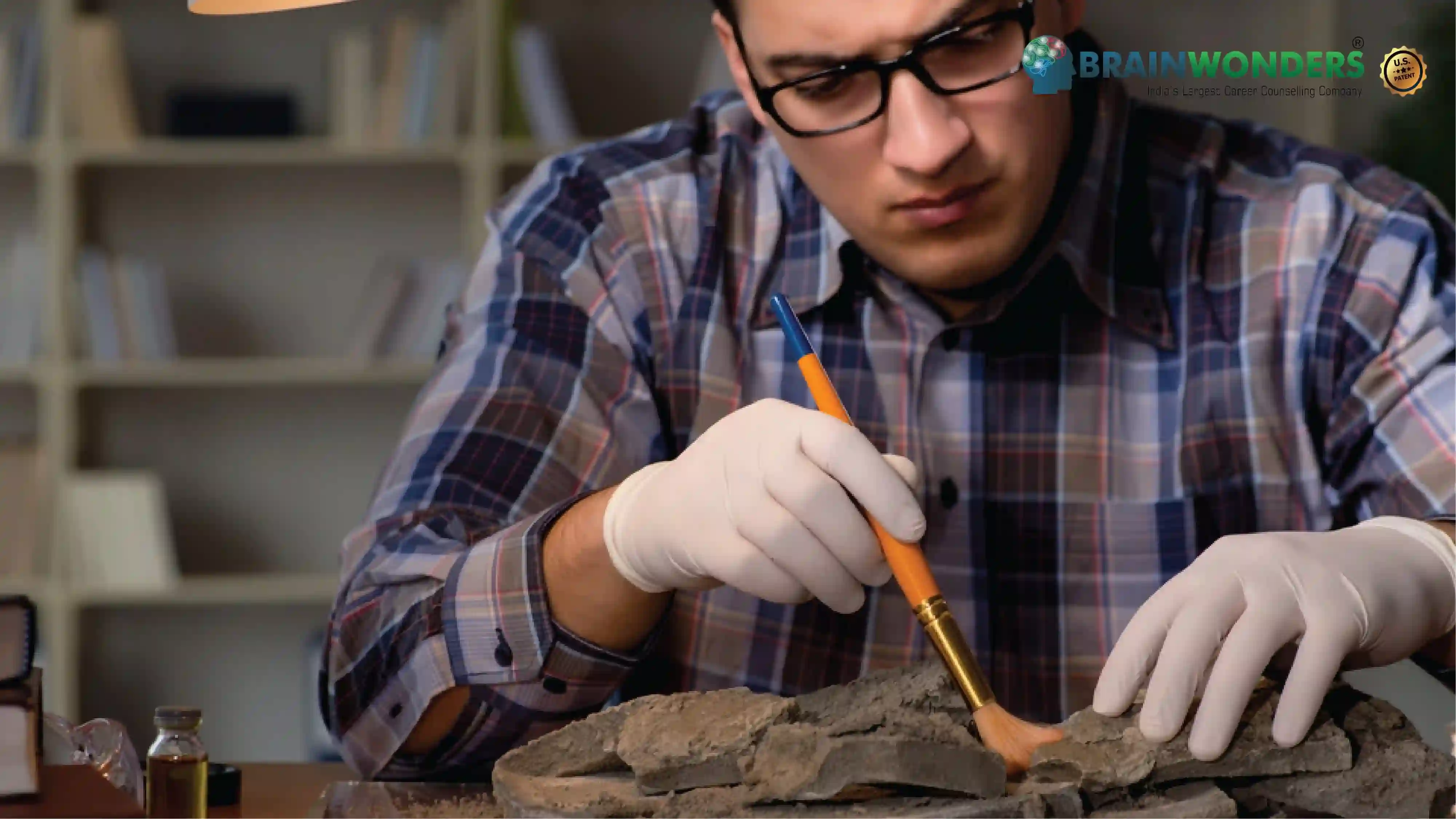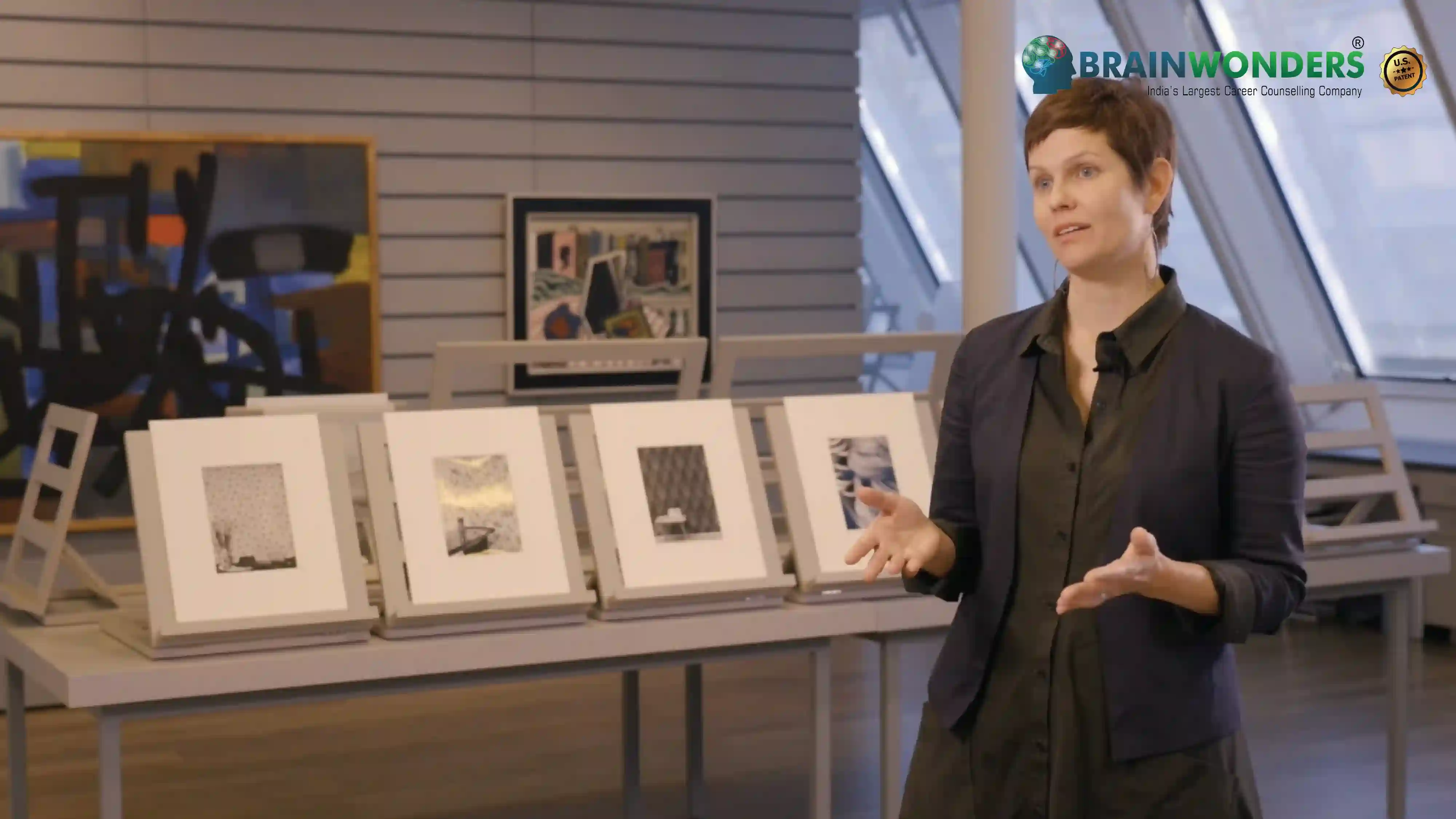How to become an Archivist
Overview, Courses, Exam, Colleges, Pathways, Salary

Overview
Who is Archivist ?
The maintenance and verification of archives, which serve as a repository of knowledge, must take place at regular intervals of time in order for them to be effective. It is possible to have a more in-depth knowledge of the distinct and important history in connection to the current world via the usage of archives. Archivists are professionals that are hired to aid in the decoding of historical materials. These people make use of the archive history and transmit to the rest of the world the accurate information that has been preserved by it. Consequently, the major role of an archivist is the scientific preservation, repair, restoration, and storage of cultural assets as well as the management of such assets.
Along with this, the conservator must identify and protect a varied assortment of documents, such as historical letters and manuscripts, diaries (written or oral), still and moving photos, coins, maps, films, and video recordings while ensuring that they keep their authenticity. Most sectors nowadays need the services of an archivist in order to maintain and preserve their important archives and documents in a professional and efficient manner. Archival science is one of the numerous alternatives available to those who want to pursue a successful career in today`s society. One may specialise in archive science and become a successful archivist via hard work and dedication.
A historical archive is described as a collection of historical documents or records that may be utilised to learn about a wide range of events and facts that have transpired throughout history, including the last few centuries. An archivist is a professional who is responsible for identifying, re-establishing, and maintaining historical files such as diaries and coins as well as letters, art works, manuscripts, and maps that have been gathered by governments, organisations, and individuals throughout the course of history.
Typical day at work
What does Archivist do?
Their duties also include the supervision of arrangement, classifications and exhibition of historic collections. These professionals are usually employed in different organizations like museums, zoos, colleges and universities, corporations, libraries and governments. They also give clarifications, catalogue and assess the valuable documents and art works for the public for research activities. The profession is a rewarding and challenging opportunity for those who have a passion and keen interest to know and conserve the past treasures.
The major tasks performed by the archivists are evaluation, collection, organization and preservation of useful records. During the evaluation process, archivists identify the historical records that should be maintained by the archives. After that, these records are arranged in a logical order, protecting their condition, and describing them so that users can easily find what they are looking for. They catalogue the material and make them available to researchers. An archivist promotes the collection of these records for research and educational purposes and also at the same time, ensure the safety and security of the records.
An archivist has to assist research workers and guide the visitors, shortlist various materials according to their merit and organize them accordingly, make copies of the documents to avoid any damage caused to them. It is the archivist who decide what to include in the collection and which documents should be photocopied, laminated or stored on microfilm or in some other way. The working conditions of archivists vary according to the organization they work for. They have to deal with some of the most precarious records of information and other valuables of historical and national importance.
Abilities and Aptitude needed
What are the skills, abilities & aptitude needed to become Archivist?
As previously said, the Archivist is the job that is best suited for individuals who have a strong desire to learn about the past and want to preserve the historical riches that have been collected through time. To be successful in this industry, experts must have exceptional abilities. As a result of the fact that they must deal with a variety of document contents and associated concerns, they must have strong analytical and research abilities. They must also have excellent communication skills and be able to handle historical evidence of varying quality with care and caution.
Archivists must have excellent communication skills, as well as analytical and research abilities, as well as attention to detail, problem-solving abilities, and organisational abilities. He or she must be patient and accurate while also being comprehensive and capable of making sound decisions about what information to maintain. They should be able to operate in a well-organized and systematic way, maintain the confidentiality of information, and perform effectively under pressure.
Convincing others, logical reasoning, aesthetic appreciation, inventiveness and sharp observation are just a few of the important skills required of an archivist. Learning methodologies, reading comprehension, coordination and systems analysis are all necessary. For example, an archivist should have a strong understanding of history, tradition, and information management, as well as practical skills in the physical upkeep of documents.
Pathways
How to become an Archivist?
Entrance Exam
Entrance Exam for Archivist ?
School of Archival Studies Conducted One Year Diploma Course in Archives and Records Management every year from November. Advertisements for this course are published every year in July-August. The applicants can also download the application forms from the National Archives website.
Courses
Which course I can pursue?
Best Colleges
Which are the best colleges to attend to become an Archivist?
Industries
Which Industries are open for Archivist?
- National Archives of India
- Indian Council for Historical Research
- libraries, manuscript repositories, special collections, records management agencies etc. libraries and educational institutions, historical societies, museums, religious institutions, charities, hospitals, universities, commercial and industrial firms, local authorities and government agencies,
internship
Are there internships available for Archivist?
Gain relevant work experience by doing internship programme or by working in any archives or museums.
Career outlook
What does the future look like for Archivist?
Archivists can start their careers in several archival government agencies and private authorities. They may also work for commercial business groups, libraries, educational institutions, religious authorities, museums, hospitals, historical conservatories, and non-profit organisations, where they can earn good money. Higher-ranking employment at educational establishments with professor status is available to archivists with a PhD. Those who begin their careers in small businesses may expect long-term employment security and high levels of professional and personal fulfilment. Because you`re part of a small professional network as an archivist, your possibilities for advancement to higher positions may be restricted.
Throughout your career, you`re likely to work in a range of positions and situations. Although long-term career prospects are typically favourable, when seeking advancement, you may require some flexibility, both geographically and in terms of the sort of organisation, you work for. Many individuals begin their careers as assistant archivists before progressing to full-fledged archivist positions. If you work for a big archive service with multiple divisions, you may acquire a speciality interest as your career progresses.
It is feasible to advance to senior positions with a larger managerial responsibility. These positions often include taking charge of money, personnel, and strategy. Developing your management abilities might help you advance your career. Archivists may further their careers by working in the fields of archiving, conservation, and records management. Archive conservation, genealogy, and historical research are examples of related fields of study.






